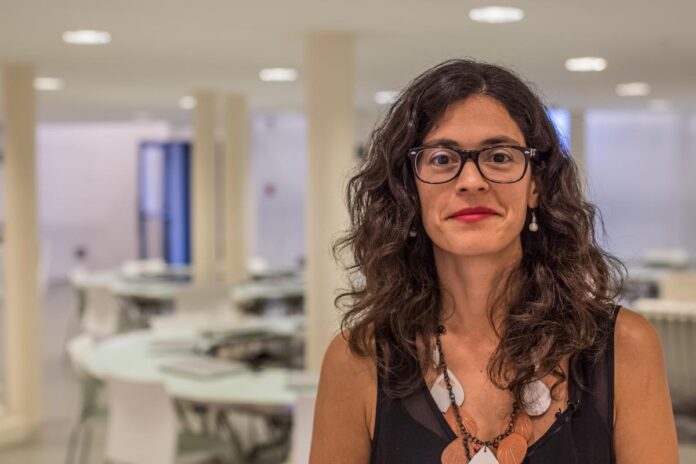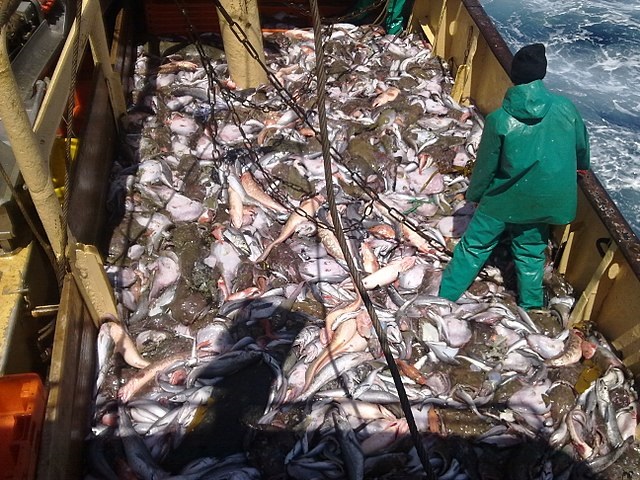Chairperson Fernanda Hopenhaym
GENEVA – The United Nations Working Group on Business and Human Rights will make its first official visit to the Republic of Liberia from 31 October to 11 November 2022 to assess efforts to address the potential adverse human rights impacts of business activities.
The experts conducting the visit, Chairperson Fernanda Hopenhaym and Damilola Olawuyi, will look at current efforts and initiatives of the Liberian Government and businesses to meet human rights obligations and responsibilities under the UN Guiding Principles on Business and Human Rights.
“The invitation to visit shows the Government’s willingness to strengthen efforts to promote business respect for human rights and corporate accountability, including through the development of regulatory and policy frameworks on business and human rights,” said Hopenhaym.
Indigenous peoples and human rights defenders, who are at heightened risk of business-related human rights abuses, particularly in the mining and agribusiness sectors, would be a particular focus, she said.
The Working Group will engage with various Government ministries and agencies, and meet with a range of civil society actors, human rights defenders, community members and trade unions, as well as representatives of academia, business enterprises and business associations. The experts will hold meetings in Monrovia, and other locations, including in Nimba County, Bong County and Bomi County.
They will hold a press conference to present preliminary observations from their visit at 11.30am on Friday 11 November 2022 in the conference room of One UN House, 1 & 2 Streets Tubman Boulevard, Sinkor, Monrovia, Liberia.
Findings from the country visit and recommendations will be included in an official report to be presented to the Human Rights Council in June 2023.
The Working Group on human rights and transnational corporations and other business enterprises was established by the UN Human Rights Council in June 2011. Its current members are: Ms. Fernanda Hopenhaym (Chairperson), Ms.Pichamon Yeophantong (Vice-Chairperson), Mr. Damilola Olawuyi, Mr. Robert McCorquodale, and Ms. Elżbieta Karska.
The Working Group is part of what is known as the Special Procedures of the Human Rights Council. Special Procedures, the largest body of independent experts in the UN Human Rights system, is the general name of the Council’s independent human rights monitoring mechanisms. The Working Group reports to the Human Rights Council and to the UN General Assembly. Special Procedures mandate-holders are independent human rights experts appointed by the Human Rights Council to address either specific country situations or thematic issues in all parts of the world. The experts are not UN staff and are independent from any government or organization. They serve in their individual capacity and do not receive a salary for their work.
The UN Guiding Principles on Business and Human Rights, unanimously endorsed by the UN Human Rights Council in 2011 (resolution 17/4), provide the authoritative global standard for action to safeguard human rights in a business context, clarifying what is expected by governments and companies to prevent and address impacts on human rights arising from business activity. Source: ohchr.org






